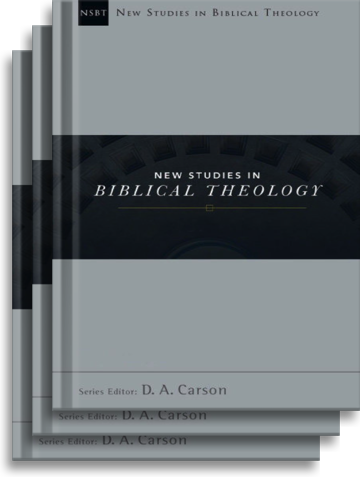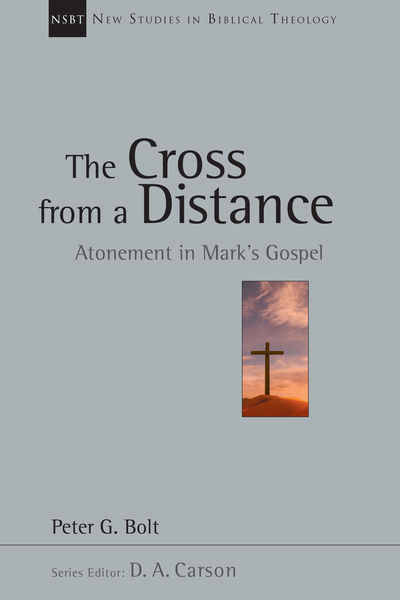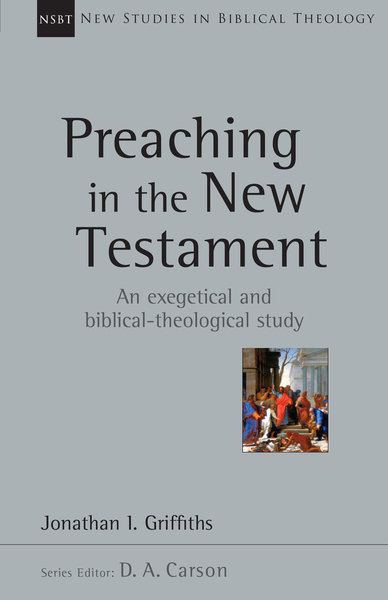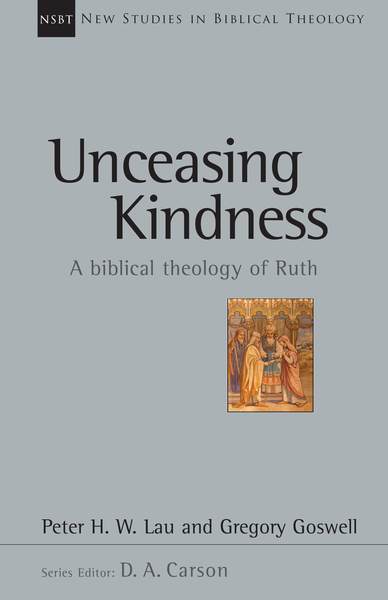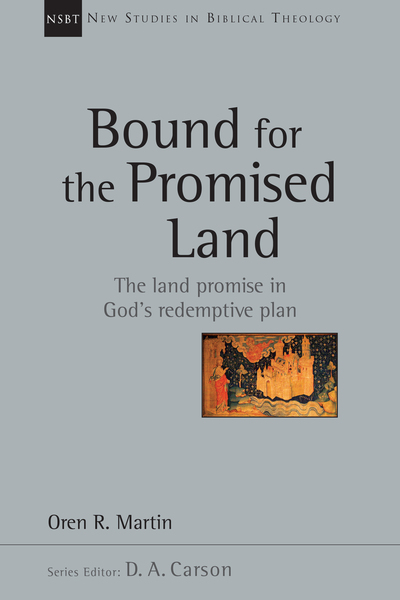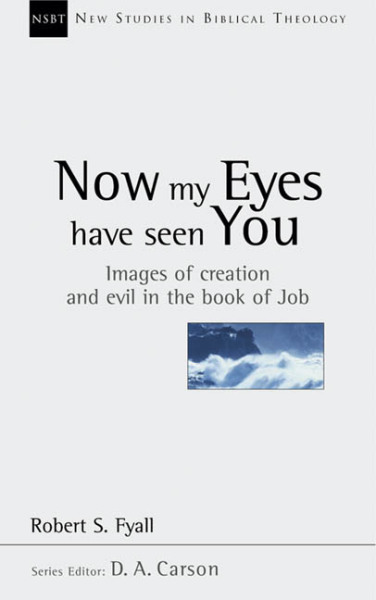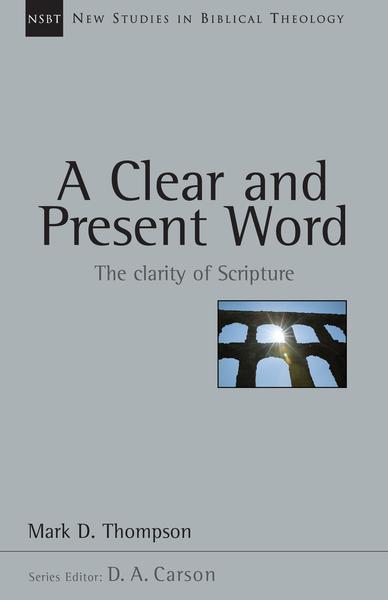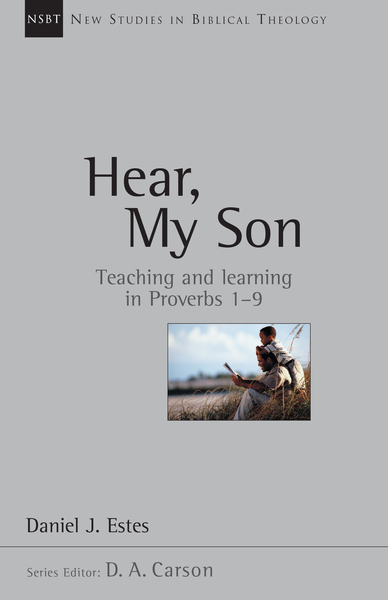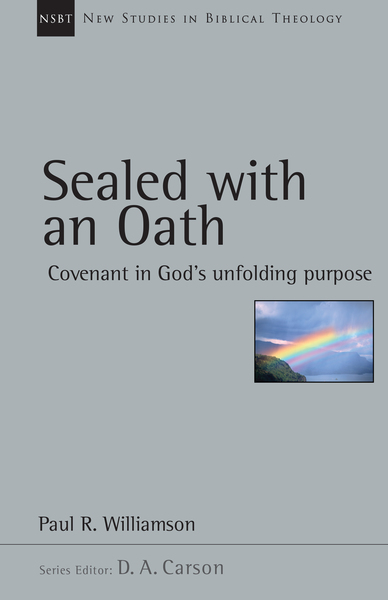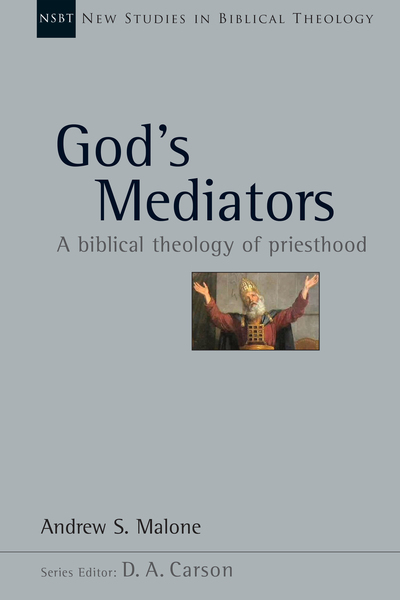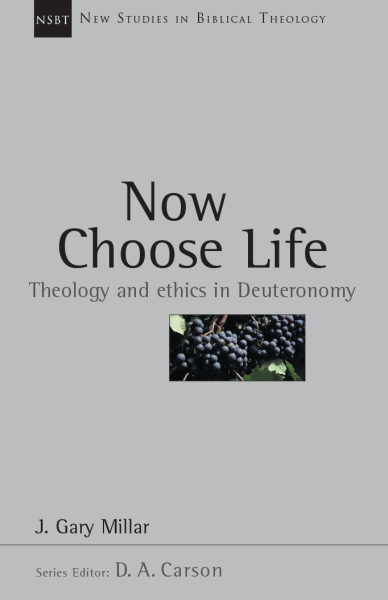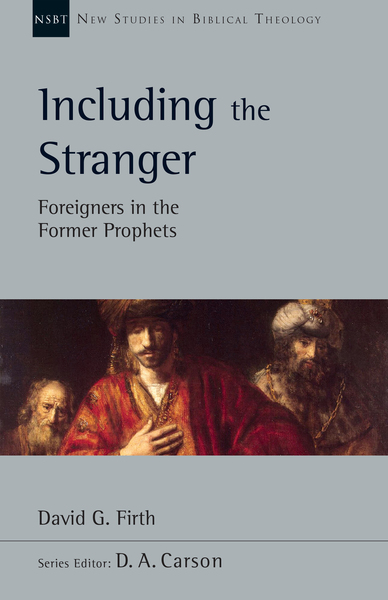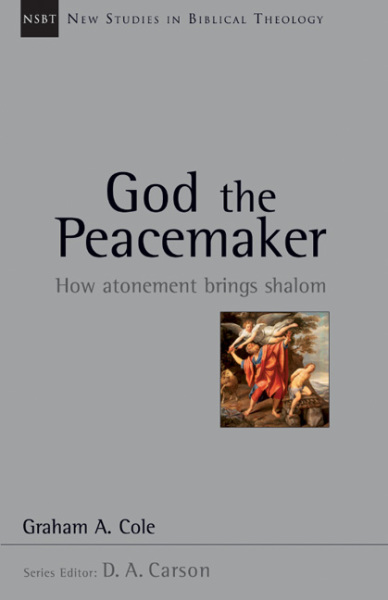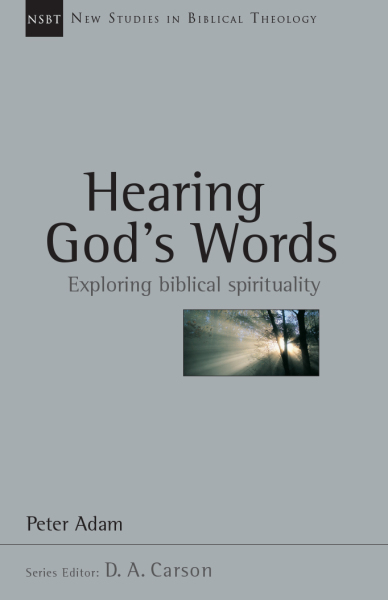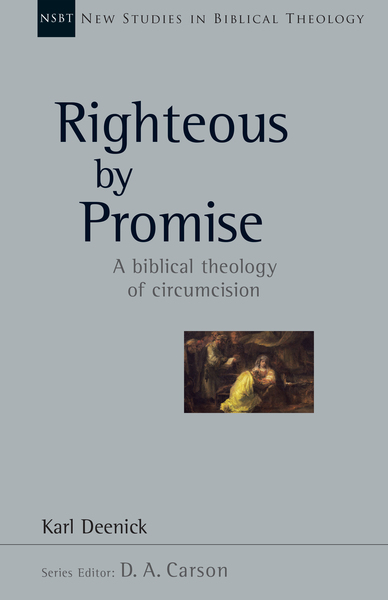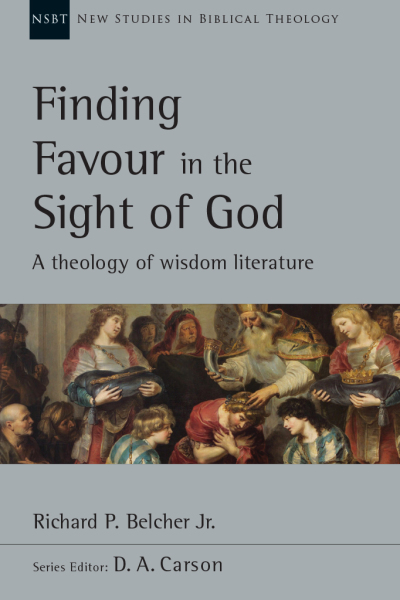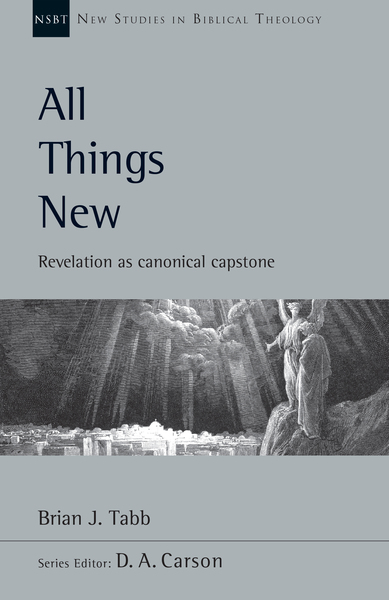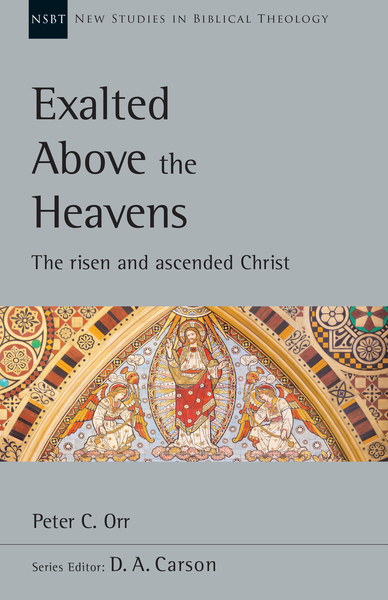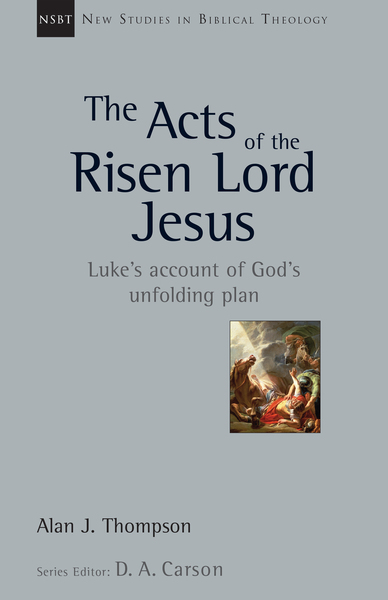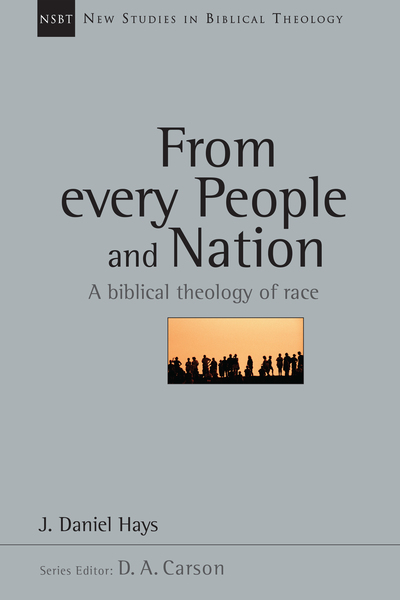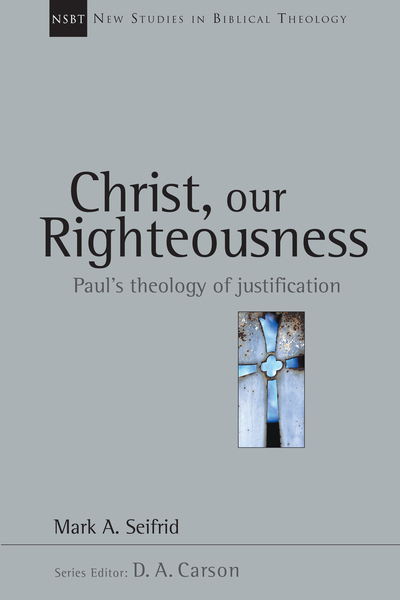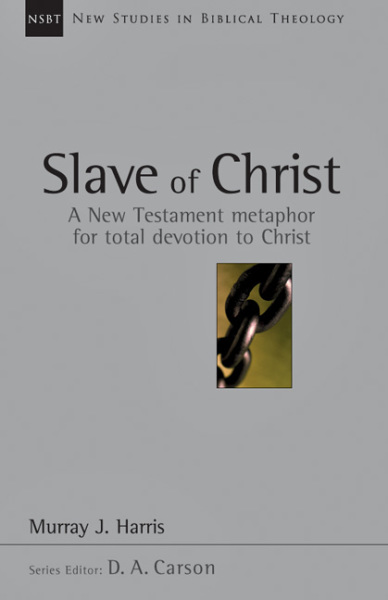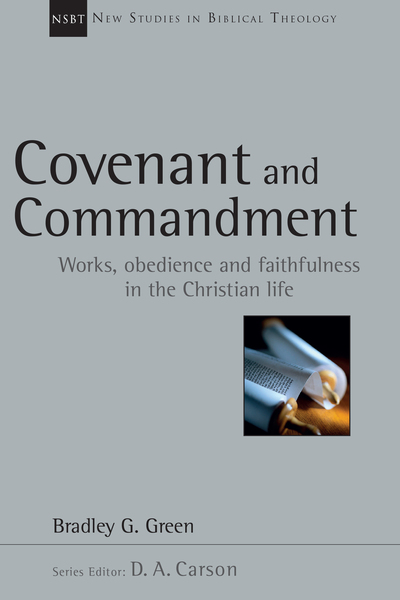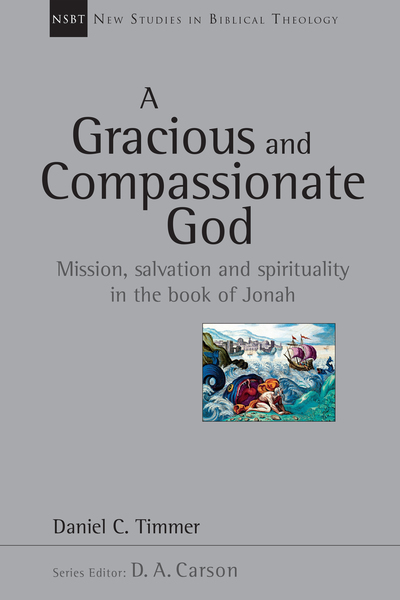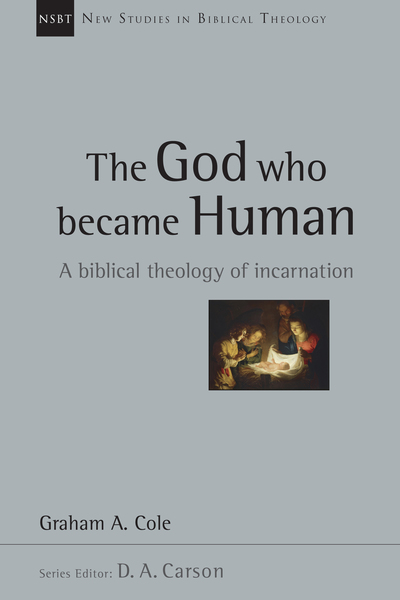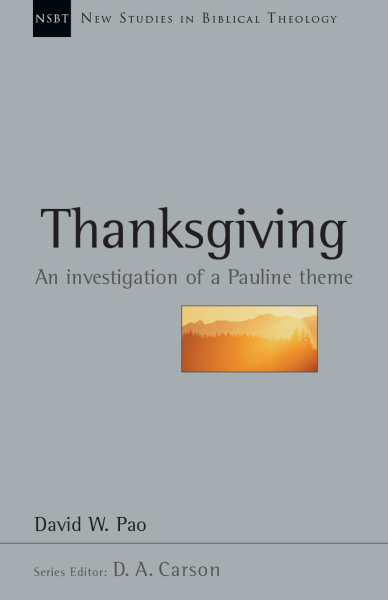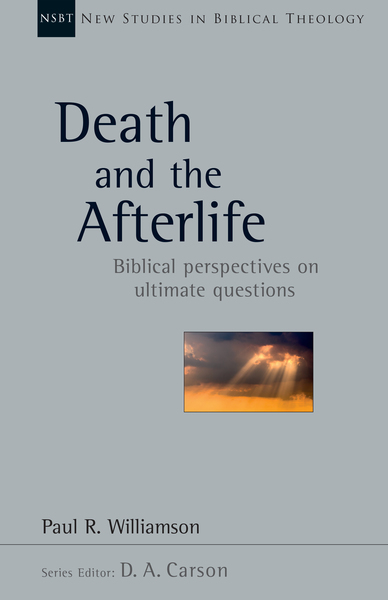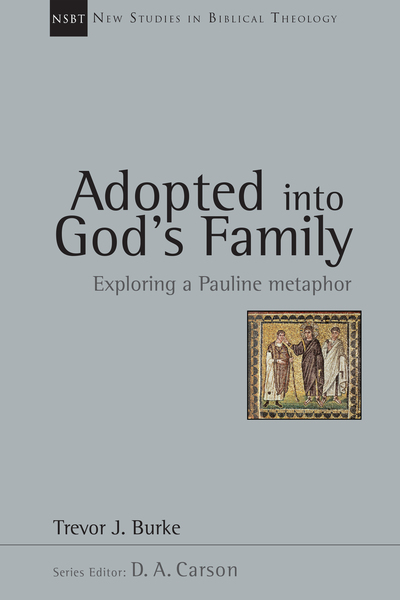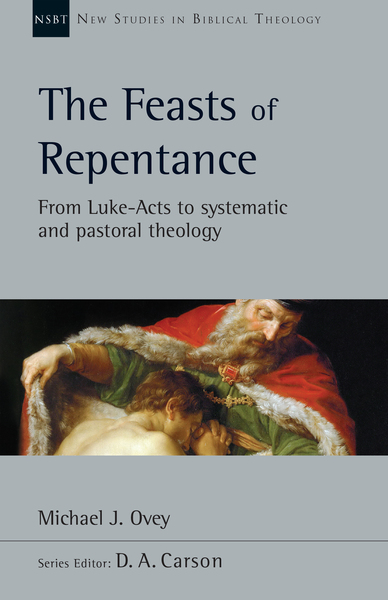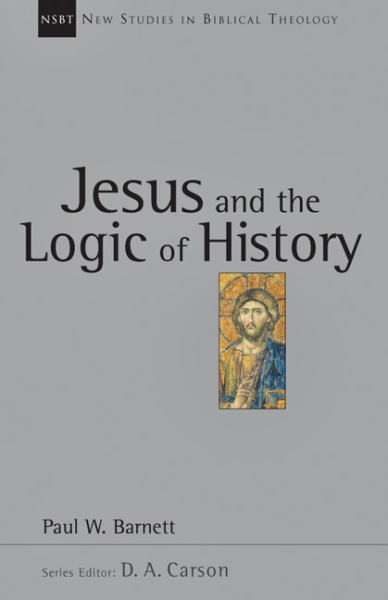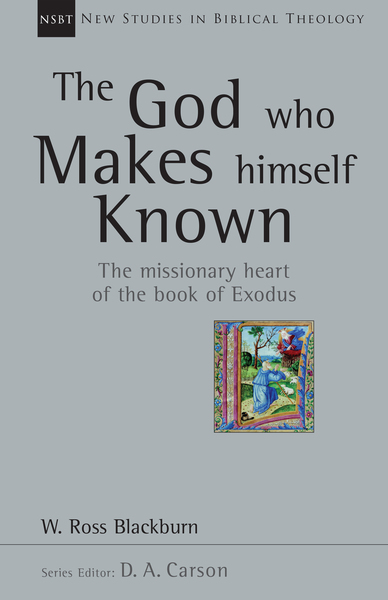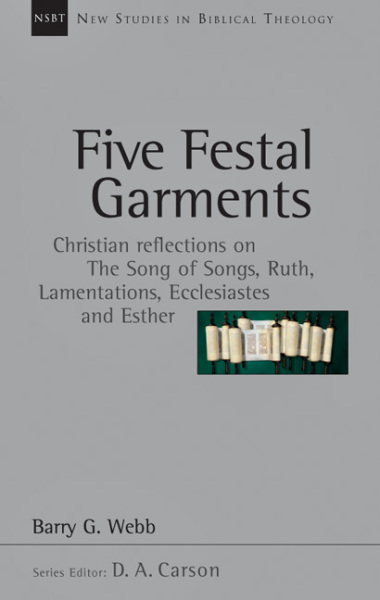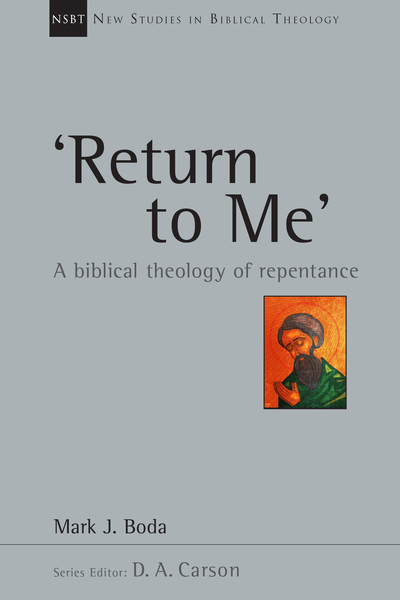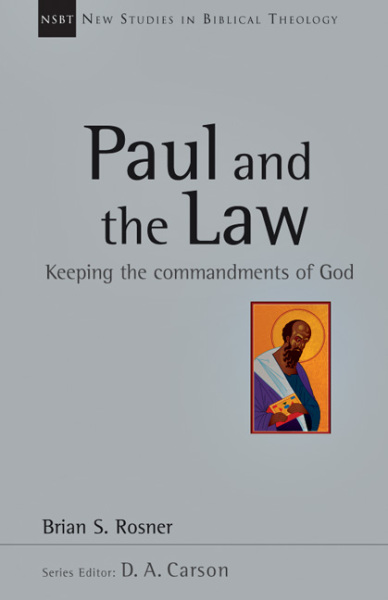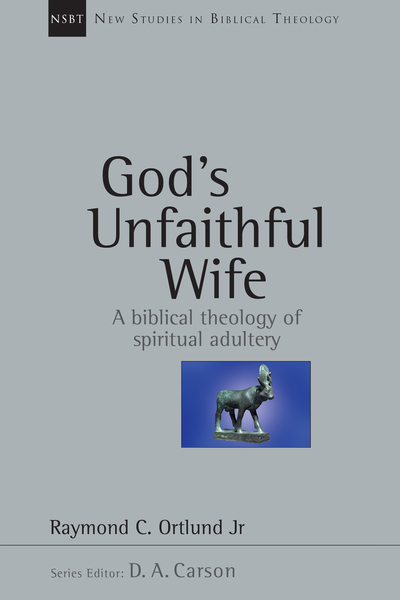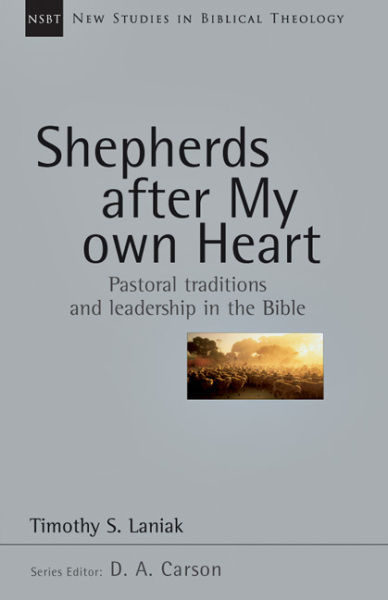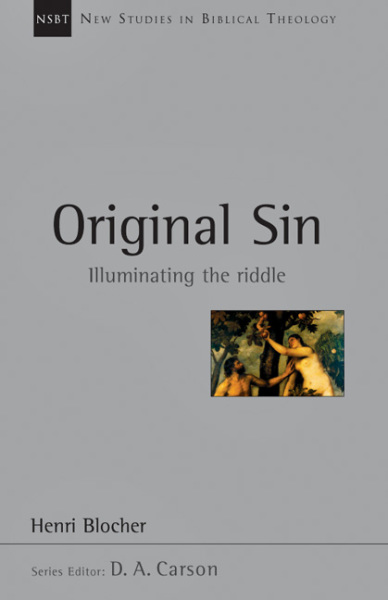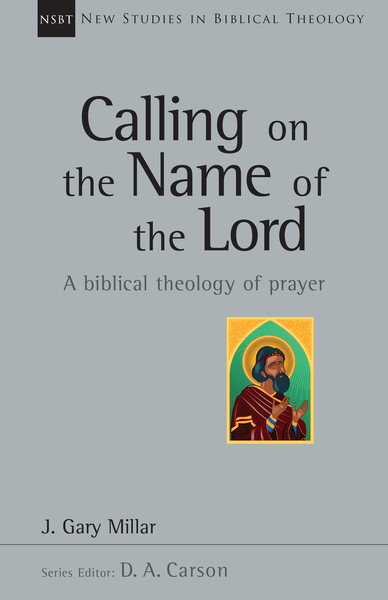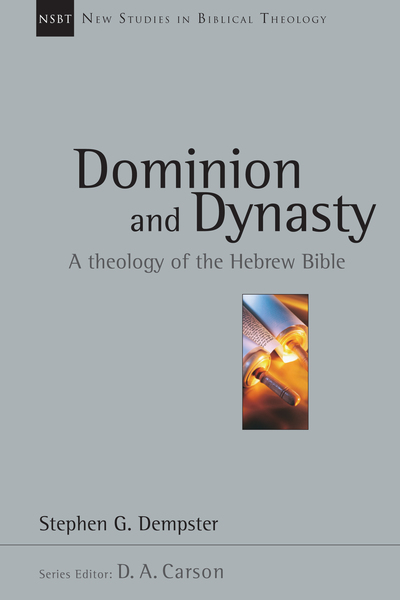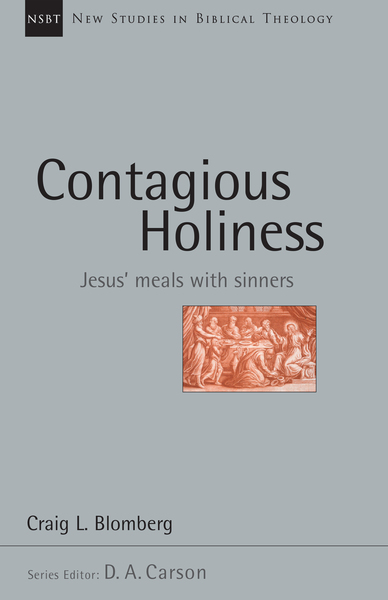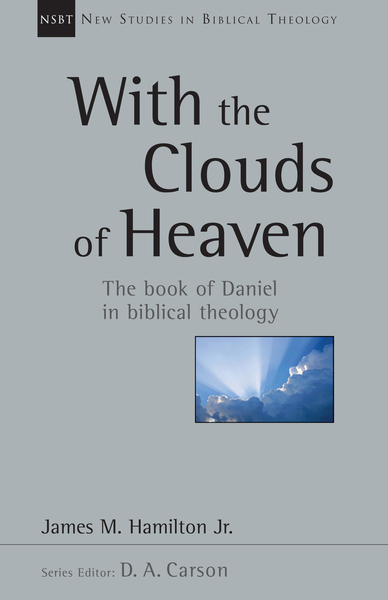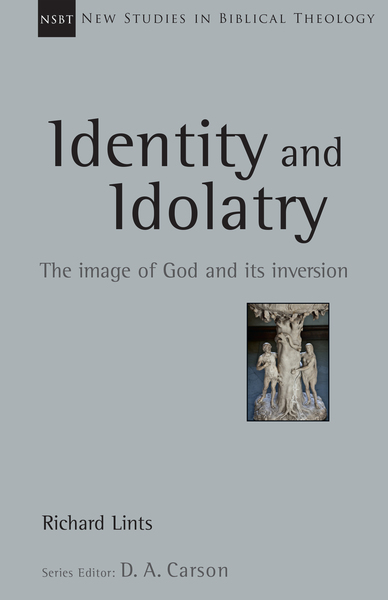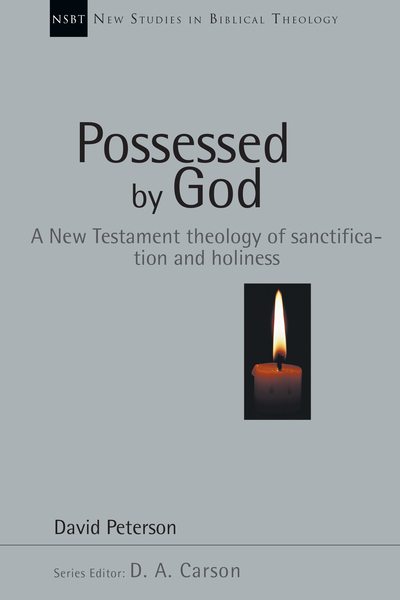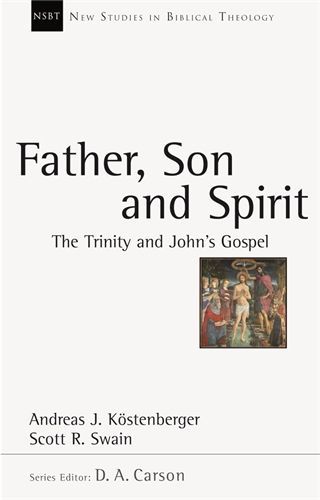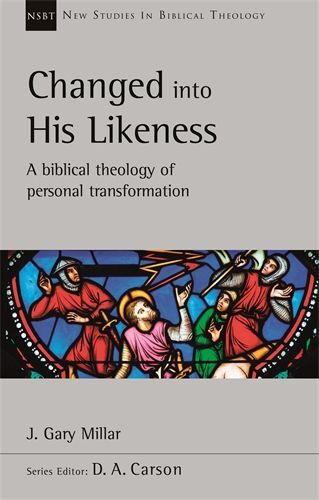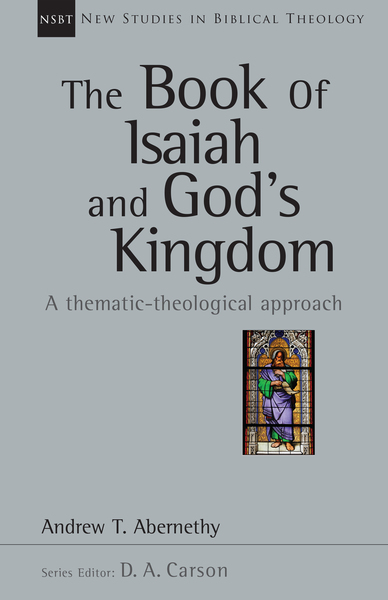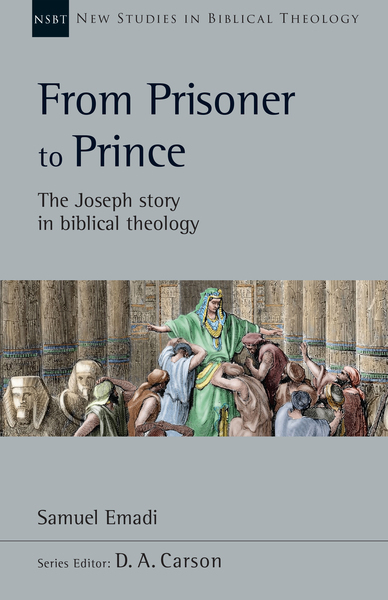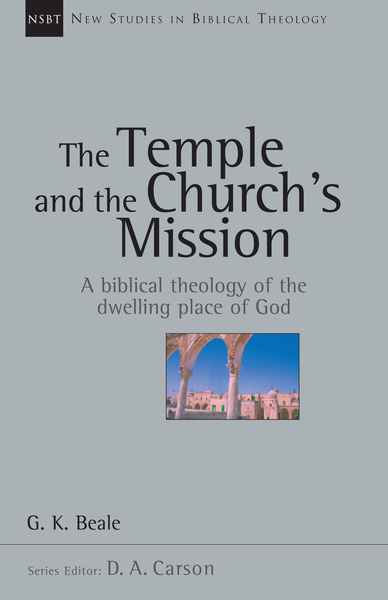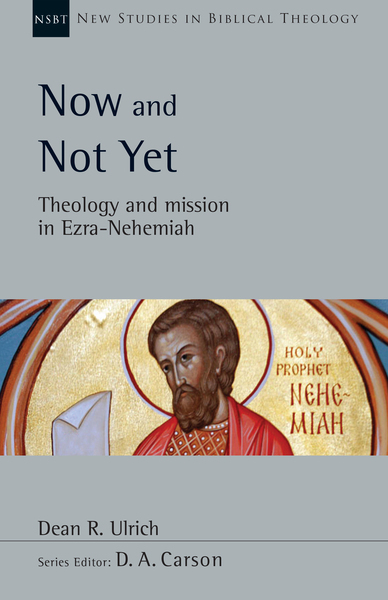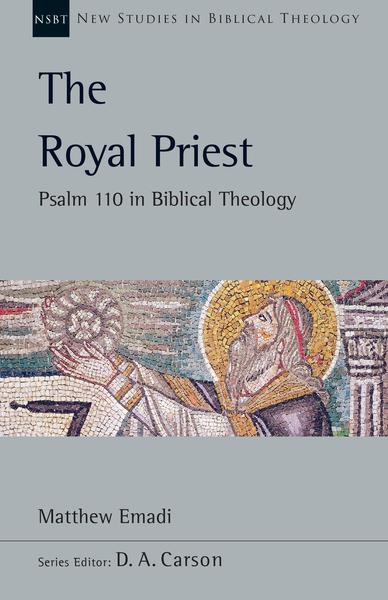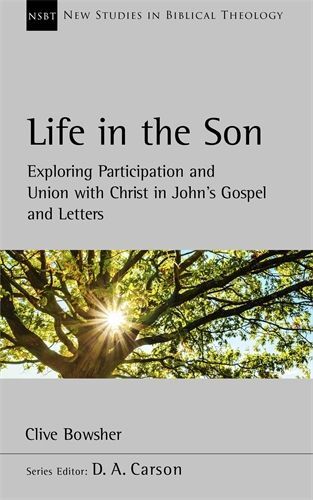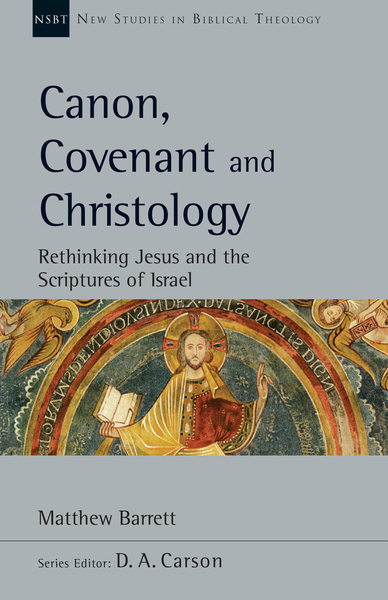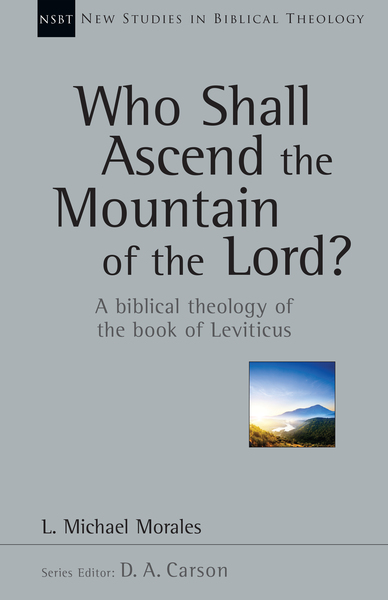

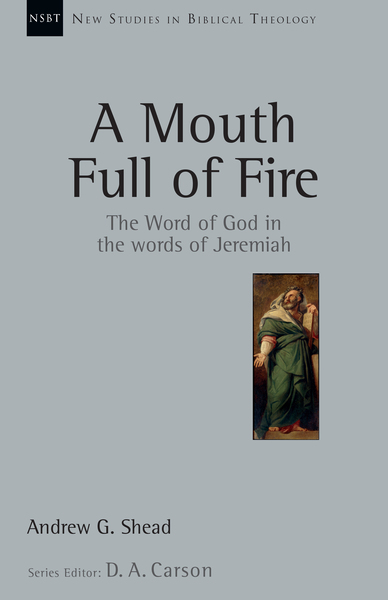
Mouth Full of Fire: The Word of God in the Words of Jeremiah (NSBT)

Mouth Full of Fire: The Word of God in the Words of Jeremiah (NSBT)
"I am putting my words as a fire in your mouth; these people are tinder and it will consume them." (Jeremiah 5:14)
In the book of Jeremiah, not only is the vocabulary of "word" and "words" uniquely prevalent, but formulae marking divine speech also play an unprecedented role in giving the book's final form its narrative and theological shape. Indeed, "the word of the Lord" is arguably the main character, and a theology that is both distinctive and powerful can be seen to emerge from the unfolding narrative.
In this stimulating study, Andrew Shead examines Jeremiah's use of word language; the prophet's formation as an embodiment of the word of God; his covenant preaching and the crisis it precipitates concerning the recognition of true prophecy; and, in the "oracles of hope," how the power of the word of God is finally made manifest.
Shead then brings this reading of Jeremiah to bear on some issues in contemporary theology, including the problem of divine agency and the doctrine of Scripture, and concludes by engaging Jeremiah's doctrine of the Word of God in conversation with Karl Barth. The prophet's major contribution emerges from his careful differentiation of "word" and "words."
Addressing key issues in biblical theology, the works comprising New Studies in Biblical Theology are creative attempts to help Christians better understand their Bibles. The NSBT series is edited by D. A. Carson, aiming to simultaneously instruct and to edify, to interact with current scholarship and to point the way ahead.
Andrew G. Shead is head of Old Testament at Moore College, Sydney, where he lectures in Hebrew, Old Testament and music. He is the author of The Open Book and the Sealed Book: Jeremiah 32 in Its Greek and Hebrew Recensions (Sheffield Academic Press) and numerous articles, essays and reviews.
